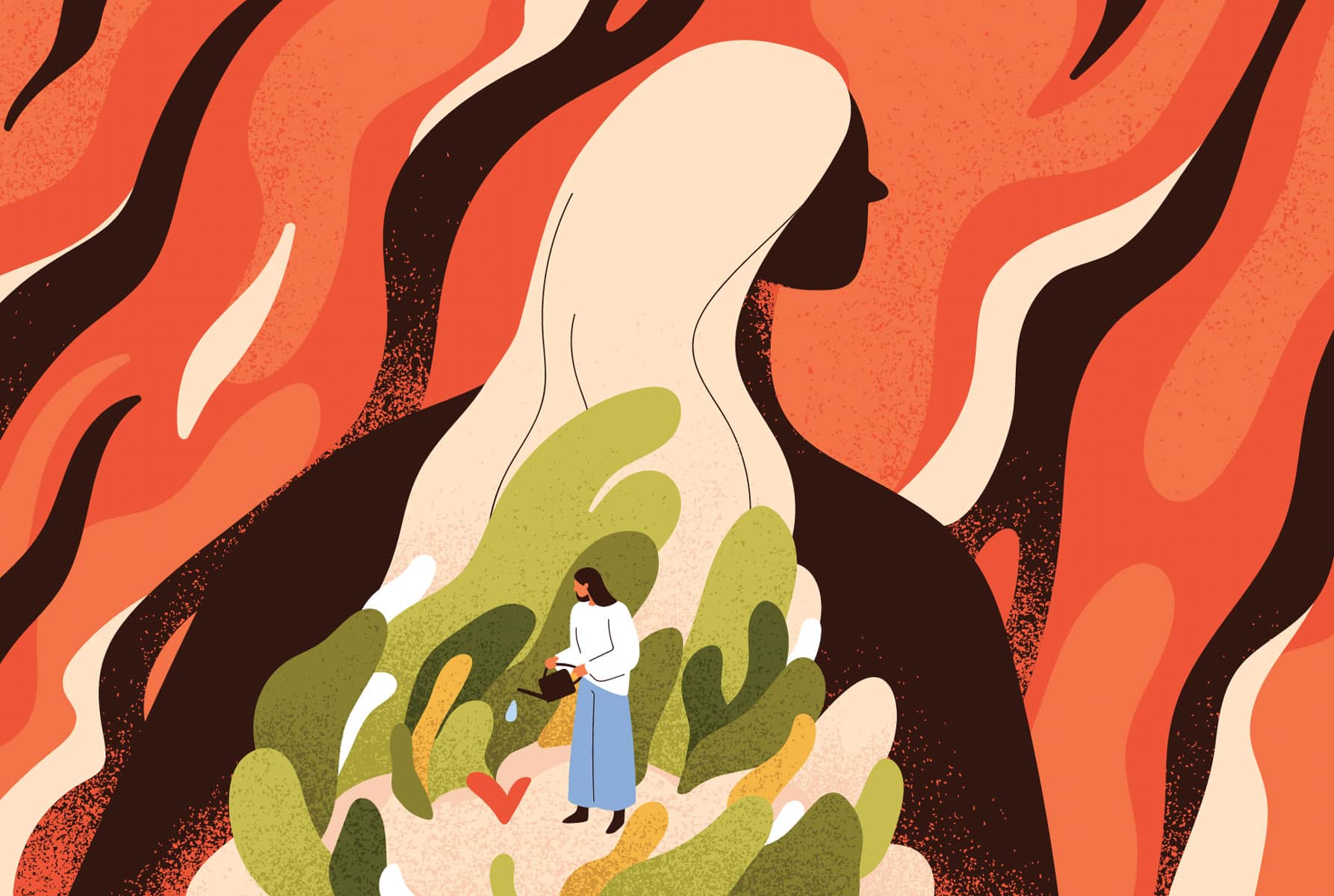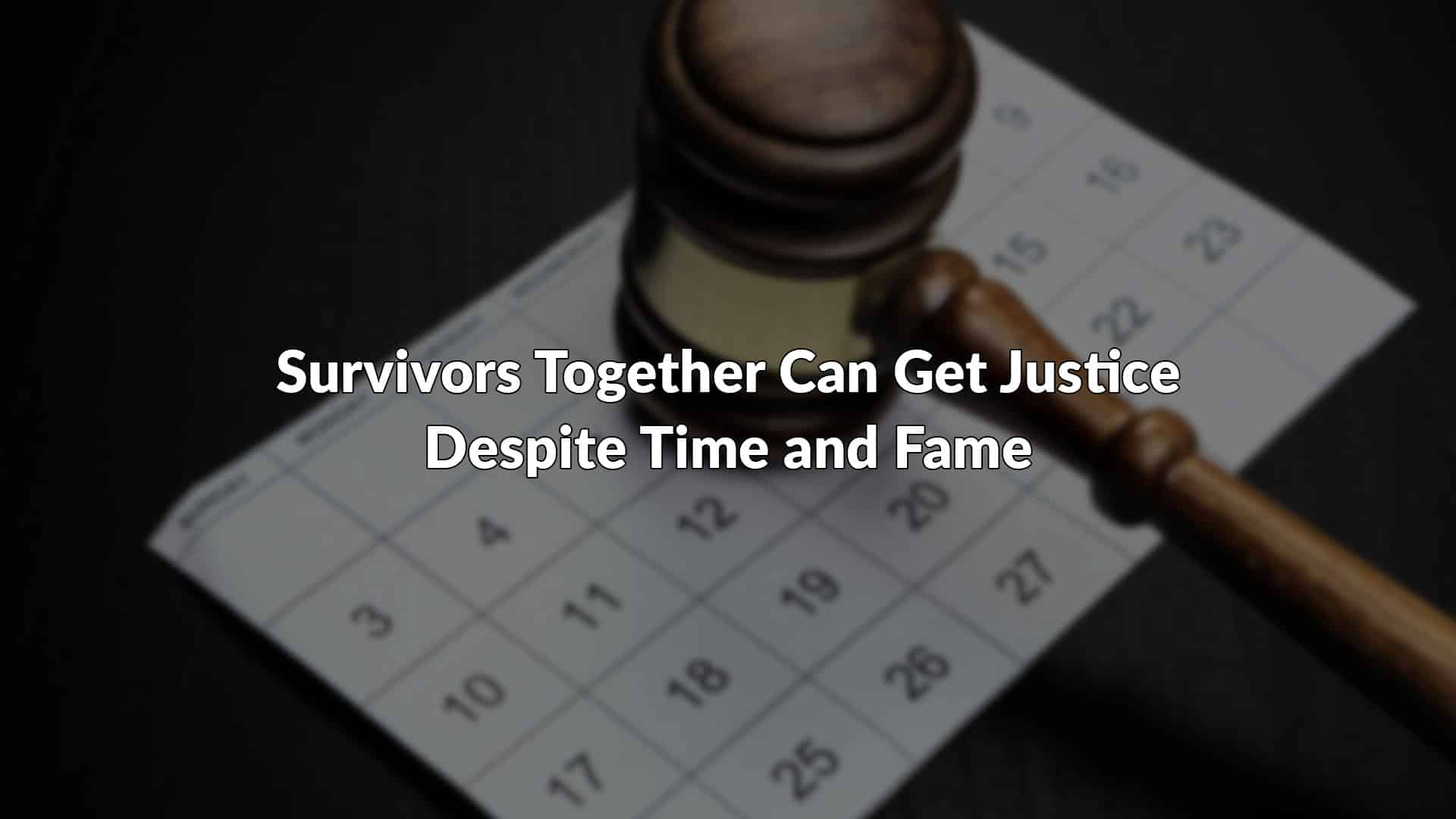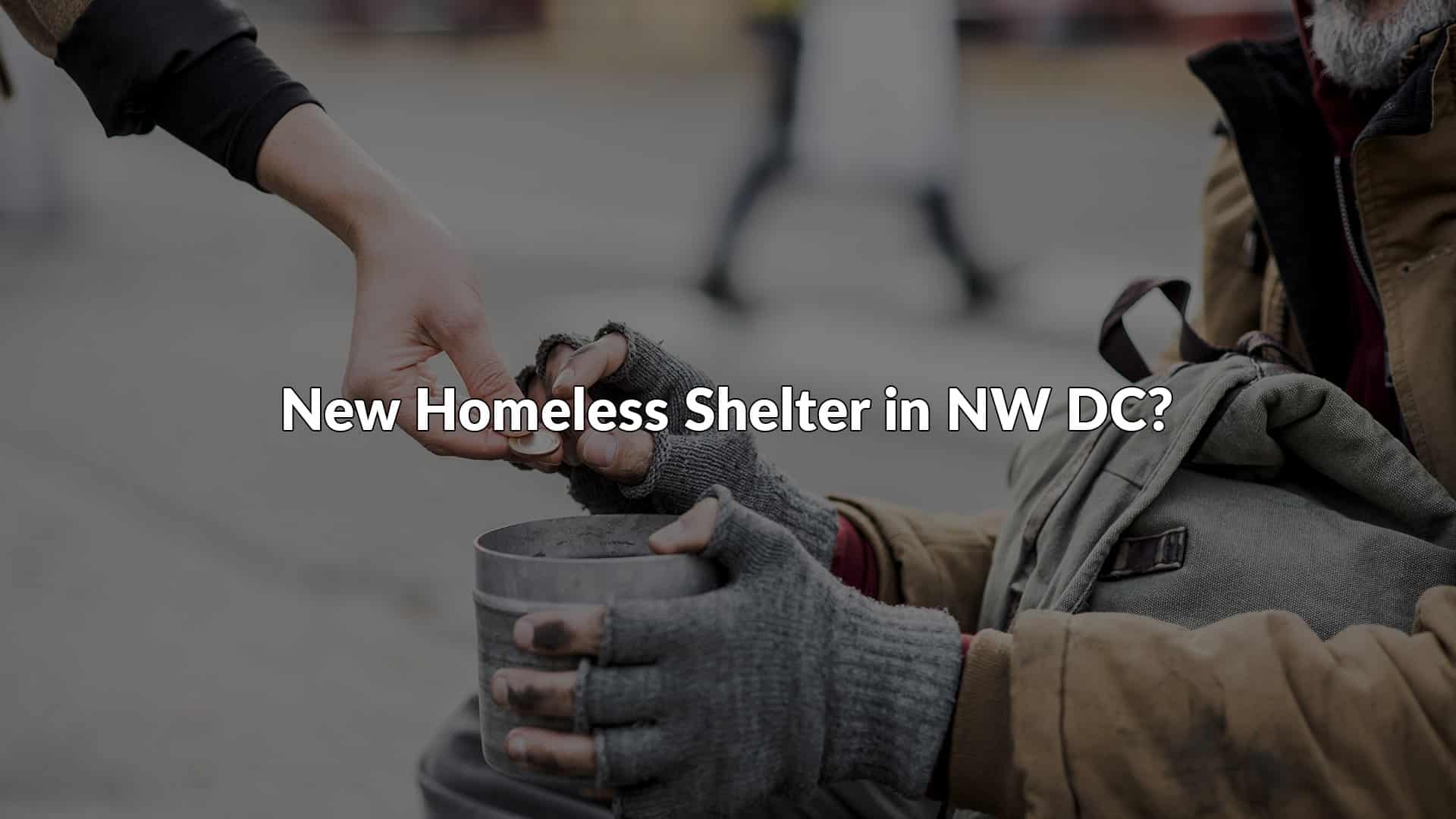~ SB664 prevents minors from being prosecuted for prostitution and directs juvenile sex trafficking victims to non-punitive specialized services in Virginia ~
Click HERE to read the original article
(March 8, 2022 – Washington, DC) Commercially sexually exploited minors are not prostitution offenders; contrarily, all minors who experience commercial sex are victims of sex trafficking and should be identified and responded to as such. Under the Trafficking Victims Protection Act (TVPA), all minors who are being exploited through commercial sex are victims of sex trafficking and under Virginia law are victims of child abuse. This is true regardless of the presence of force, fraud, or coercion, or whether a trafficker/pimp or other third party is involved.
The Virginia Senate bill, SB664, also known as Safe Harbor or non-criminalization of juveniles, prevents minors (any child under 18) from being prosecuted for prostitution and directs juvenile sex trafficking victims to non-punitive specialized services in Virginia. On February 28, the Virginia House Courts of Justice Committee voted against passing SB664, without giving the bill a hearing or listening to testimony from concerned individuals and advocacy groups. Introduced by Senator J. Chapman Petersen (D), the bill was passed by the Virginia Senate with strong bipartisan support.
“Shame on those members of the House of Delegates who voted against this bill for not protecting trafficked children. Their votes represent a slap in the face of Virginia’s youngest citizens,” said Carole Bernard, Amara Legal Center CEO. “This bill would have ensured that trafficked children are treated as victims by the systems that are governed to protect them, not as criminals. Children suffer extreme trauma from being trafficked. Criminalizing these young people instead of providing them with access to medical care, safe housing, educational opportunities, and counseling services is a public policy travesty.”
The Amara Legal Center and the Virginia Coalition Against Human Trafficking (VCAHT) support Safe Harbor legislation to prohibit the arrest, charge, and prosecution of minors for prostitution-related offenses. Sex traffickers target vulnerable populations, including runaway and homeless youth, and children who have been abused or neglected. When minors are forced to engage in commercial sex, it places them at risk for prosecution under prostitution laws. Additionally, because minor victims are often forced to commit crimes beyond prostitution-related offenses, Amara and VCAHT also support legislation that prohibits the arrest, charge, and prosecution for status offenses, misdemeanors, and non-violent felonies committed as a direct result of a child’s trafficking.
2/ Virginia Safe Harbor Bill Failed in House Committee
“It was extremely disappointing to the survivor advocates and organizations that make up the Virginia Coalition Against Human Trafficking to see certain members of the House Courts of Justice Committee seemingly ignore Virginia law that classifies minors who are being commercially sexually exploited and sex trafficked as victims of child abuse,” said Patrick McKenna, VCAHT President. “Those who voted against SB644 are supporting out dated methods of criminal investigation that hurt human trafficking prosecutions while further exploiting and traumatizing the minors involved. Because law enforcement officers are mandatory reporters of child abuse in Virginia, their action to arrest a child for prostitution rather than get them the help they need as child abuse victims exposes these officers to potential monetary fines for their failure to do so. We hope that these delegates, and those sharing their opinion, would consult with human trafficking survivors, allied organizations, and others in the criminal legal system regarding more effective ways to help human trafficking child abuse victims and prosecute those who are exploiting them.
Some opponents to Safe Harbor legislation cite a concern regarding the potential impact of the bill on trafficking investigations and prosecutions. The fact is that those states that have enacted Safe Harbor laws have actually seen an increase in successful prosecutions of trafficking offenders following enactment and implementation of Safe Harbor protections over the past decade, according to Shared Hope, a nonprofit organization that tracks and assess child sex trafficking legislation and statutes across the United States. Shared Hope monitors the implementation of Safe Harbor laws in all 27 states (and D.C.) that have passed such protections. The organization has discovered that since implementing Safe Harbor, no state has repealed or rolled back the protection; instead, many states have gone on to expand the protection to include offenses beyond prostitution. Stakeholders from a variety of disciplines have shared how Safe Harbor has been the “game changer” for increasing effective criminal justice responses and accountability for traffickers and appropriate, service-oriented responses for child victims. To date, of the 27 states and D.C. that have passed Safe Harbor protections, 17 states have gone on to expand the initial protection to include offenses beyond prostitution, including status offenses, misdemeanors, and non-violent felonies.
Calls to Action
- The Amara Legal Center and VCAHT encourage those who voted against SB644 to meet with survivors and anti-human trafficking advocates to gain a better understanding of the impact their vote has on the welfare of child sex trafficking victims.
- The Amara Legal Center and VCAHT call upon the Virginia Governor and Attorney General to meet with survivors and anti-human trafficking advocates to share their commitment to anti-human trafficking issues as stated in their campaign platform.
- The Amara Legal Center and VCAHT encourage child advocates and anti-human trafficking advocates to contact the Virginia House members who voted against SB644 to share their concerns and opposition to their position on this bill.
3/ Virginia Safe Harbor Bill Failed in House Committee
About Amara Legal Center
The Amara Legal Center provides free trauma-informed legal representation, access to support services, and advocacy for a more equitable legal system for individuals impacted by sex trafficking or involved in sex work in the DC-metro area. Visit www.amaralegal.org.
About the Virginia Coalition Against Human Trafficking
The Virginia Coalition Against Human Trafficking is an alliance of service providers, attorneys, survivor-advocates, and community members on a mission to remove barriers preventing survivors from achieving a full and healthy life through public awareness camp



